Copyright 2008 by Andrew Dornenburg and Karen Page Photography 2008 by Barry Salzman All rights reserved. Except as permitted under the U.S. Copyright Act of 1976, no part of this publication may be reproduced, distributed, or transmitted in any form or by any means, or stored in a database or retrieval system, without the prior written permission of the publisher. Little, Brown and Company Hachette Book Group 237 Park Avenue, New York, NY 10017 www.hachettebookgroup.com www.twitter.com/littlebrown Second e-book edition: September 2008 The publisher is not responsible for websites (or their content) that are not owned by the publisher. ISBN 978-0-316-03984-0
Karen Page and
Andrew Dornenburg are the award-winning team behind some of todays most groundbreaking books on gastronomy, including their most recent,
What to Drink with What You Eat, the first book in history to win both the International Association of Culinary Professionals Cookbook of the Year Award and the Georges Dubeouf Wine Book of the Year Award. Their previous books
Becoming a Chef, Dining Out, and
The New American Chef were all winners of or finalists for Gourmand World Cookbook, IACP, and/or James Beard book awards.
The couple, frequent guests on radio (National Public Radio) and television (Good Morning America and Today), were cited as two of a dozen international culinary luminaries in the Winter 2007 issue of the Relais & Chteaux magazine LAme & LEsprit, along with Gael Greene, Patrick OConnell, Alice Waters, and Tim and Nina Zagat. Since March 2007, they have penned a weekly column for the Washington Post, in which capacity they served as judges of the Oyster Riot wine pairing competition. A native of Detroit, Karen Page holds degrees from Northwestern and the Harvard Business School. San Fancisco native Andrew Dornenburg is a former restaurant chef who studied with the legendary Madeleine Kamman at the School for American Chefs and was cited by Regis Philbin on Regis and Kelly as one of the most famous former employees of McDonalds, along with Jeff Bezos, Jay Leno, and Sharon Stone. Paired personally as well as professionally, the couple have been married since 1990, when they ran the Montreal International Marathon together on their honeymoon. They reside in New York City.
Their Web site is www.becomingachef.com.
After a twenty-year corporate career,
Barry Salzman, a Harvard MBA who ran a large global media organization employing thousands of people, embarked on a career transition to pursue his passion on a full-time basis. He is a professional photographer focused primarily on lifestyle, food, and travel. Salzman is a winner of the international Golden Light award, which is judged by Jeff Rosenheim, associate photography curator of the Metropolitan Museum of Art, and Susan White, photography director for
Vanity Fair. Salzmans work has appeared in such publications as
Vanity Fair, Vogue Entertaining + Travel, Harpers Bazaar, AdNews, Australian Geographic, and
OutTraveler.
Becoming a ChefCulinary ArtistryDining OutChefs Night OutThe New American ChefWhat to Drink with What You Eat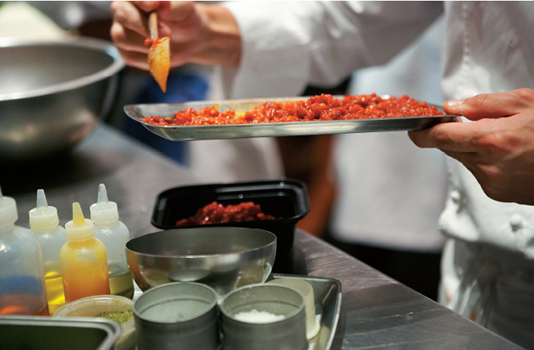
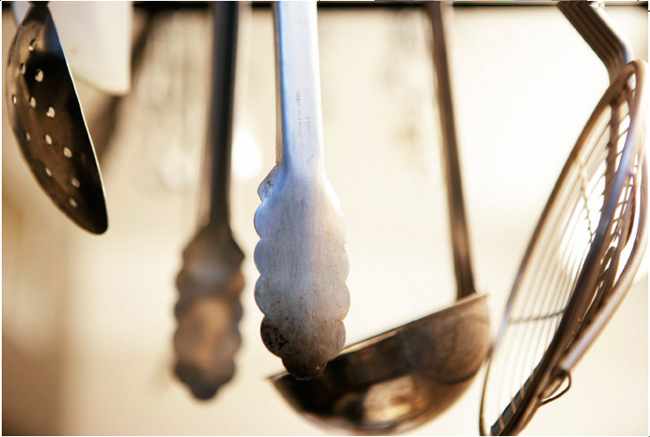 At times our own light goes out and is rekindled by a spark from another person.Becoming a ChefCulinary ArtistryDining OutChefs Night OutThe New American ChefWhat to Drink with What You Eat
At times our own light goes out and is rekindled by a spark from another person.Becoming a ChefCulinary ArtistryDining OutChefs Night OutThe New American ChefWhat to Drink with What You Eat
 At times our own light goes out and is rekindled by a spark from another person.
At times our own light goes out and is rekindled by a spark from another person.
Each of us has cause to think with deep gratitude of those who have lighted the flame within us. ALBERT SCHWEITZER To Daniel Boulud, Patrick OConnell, and Jean-Georges Vongerichtenthe leading lights of culinary creativity of their generationwhose sparks always rekindle our flame Gastronomy is the rational study of all related to man as he is eating. Its purpose is to keep humankind alive with the best possible food. JEAN-ANTHELME BRILLAT-SAVARIN (17551826) In what art or science could improvements be made that would more powerfully contribute to increase the comforts and enjoyments of mankind? SIR BENJAMIN THOMPSON, COUNT RUMFORD (IN A 1794 ESSAY ON THE ART OF COOKERY)
When we no longer have good cooking in the world, we will have no literature, nor high and sharp intelligence, nor friendly gatherings, nor social harmony.MARIE-ANTOINE CARME, CHEF (17841833)Good cooking is an art, as well as a form of intense pleasure. A recipe is only a theme, which an intelligent cook can play each time with a variation.MADAME JEHANE BENOT, CHEF (19041987)You have to love either what you are going to eat, or the person you are cooking for. Then you have to give yourself up to cooking.
Cuisine is an act of love.ALAIN CHAPEL, CHEF (19371990) The first quotation suggests why we do what we do, while the others suggest how. We published our first book in 1995, and it is exciting as we approach the publication of The Flavor Bible in 2008 to witness the realm of good cooking as it reaches a new tipping point. No longer content simply to replicate others recipes, todays cooksprofessionals and amateurs alikeincreasingly seek to create their own dishes. In doing so, they celebrate the creative process of cooking as much as the finished product. Cooking at its most basic level is a creative act, one of transforming food through the application of heat and the incorporation of other ingredients. But there are different orders of creativity, and merely following a recipe is a creative act of the most basic order, like painting by numbers.
When accomplished cooks grow restless, they start to analyze instructions before following them to see if they can improve upon the results, thus raising the act of cooking to a creative act of a higher order. As their experience grows, cooks are able to bring greater intuition and even inspiration to their cooking. Traditional cookbooks are aimed at first-order cooks. Every cook owes a debt of gratitude to those who have brought progress to cuisine throughout historythose who famously codified classic cuisines through the painstaking chronicling of recipes, from Auguste Escoffier in France to others around the globe. Appreciation is also due to those who have elevated and expanded the range of available ingredients and techniques, the essential building blocks of cooking. Over the years, cookbooks have come to dictate precise measurement of ingredients along with instructions for their preparation and assembly, which has done much to improve the general accessibility of recipes.
However, they also have come to provide a false sense of security for which the unsuspecting cook pays a price. When a recipe is rigidly scripted and blindly followed, it negates the cooks own creative instincts and good judgmentnot to mention much of the pleasure of truly being in the moment. 


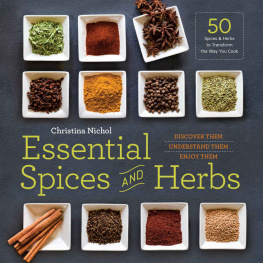
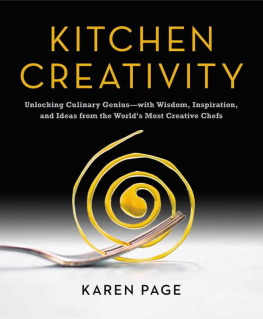
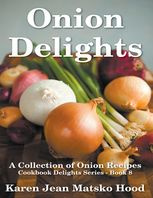
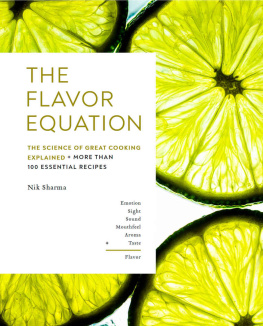
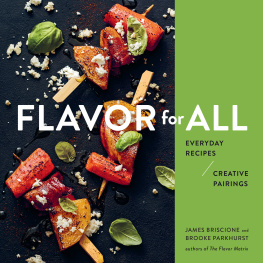
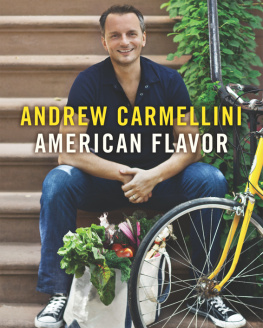
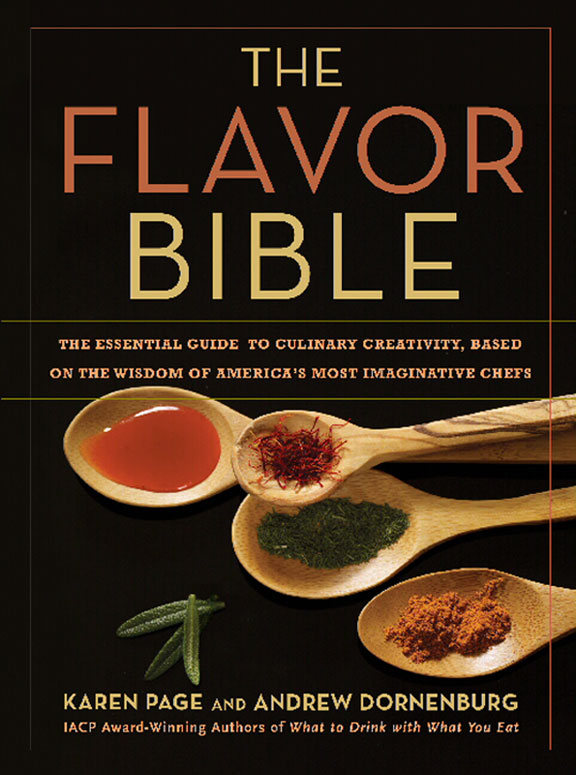

 At times our own light goes out and is rekindled by a spark from another person.Becoming a ChefCulinary ArtistryDining OutChefs Night OutThe New American ChefWhat to Drink with What You Eat
At times our own light goes out and is rekindled by a spark from another person.Becoming a ChefCulinary ArtistryDining OutChefs Night OutThe New American ChefWhat to Drink with What You Eat